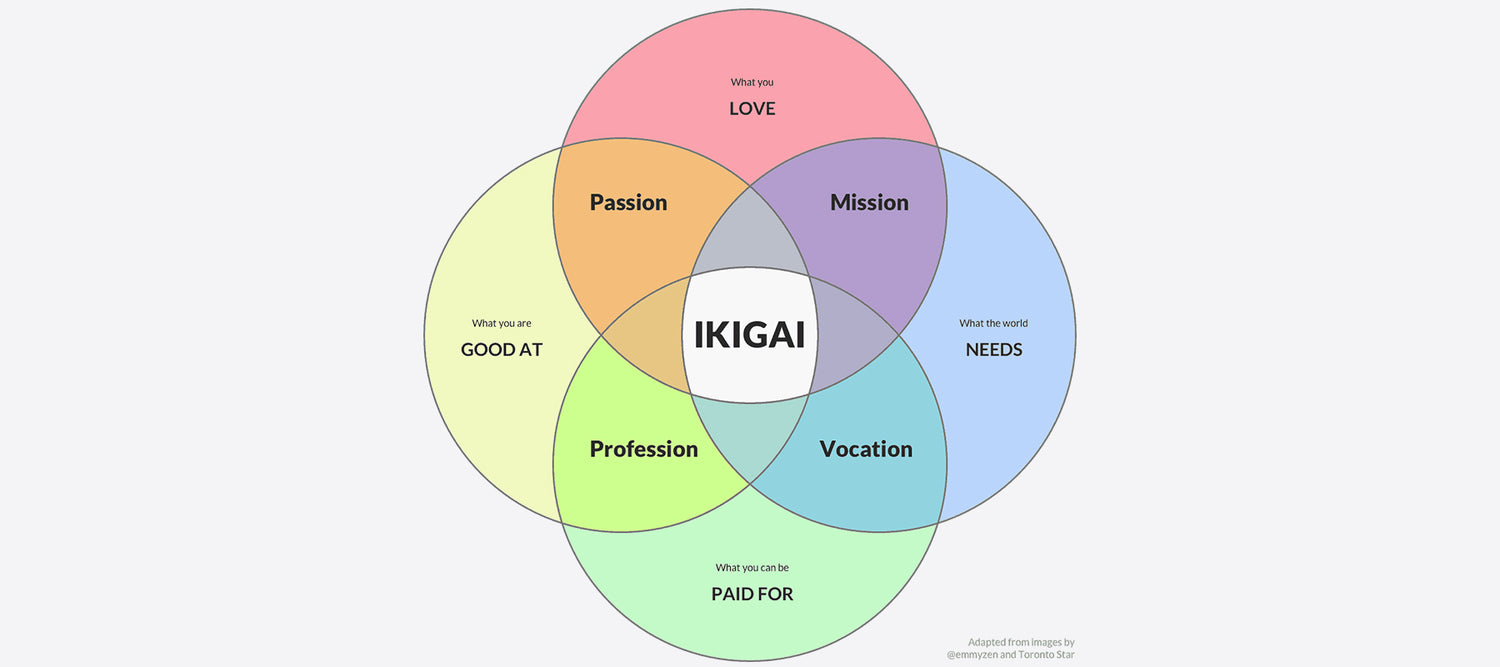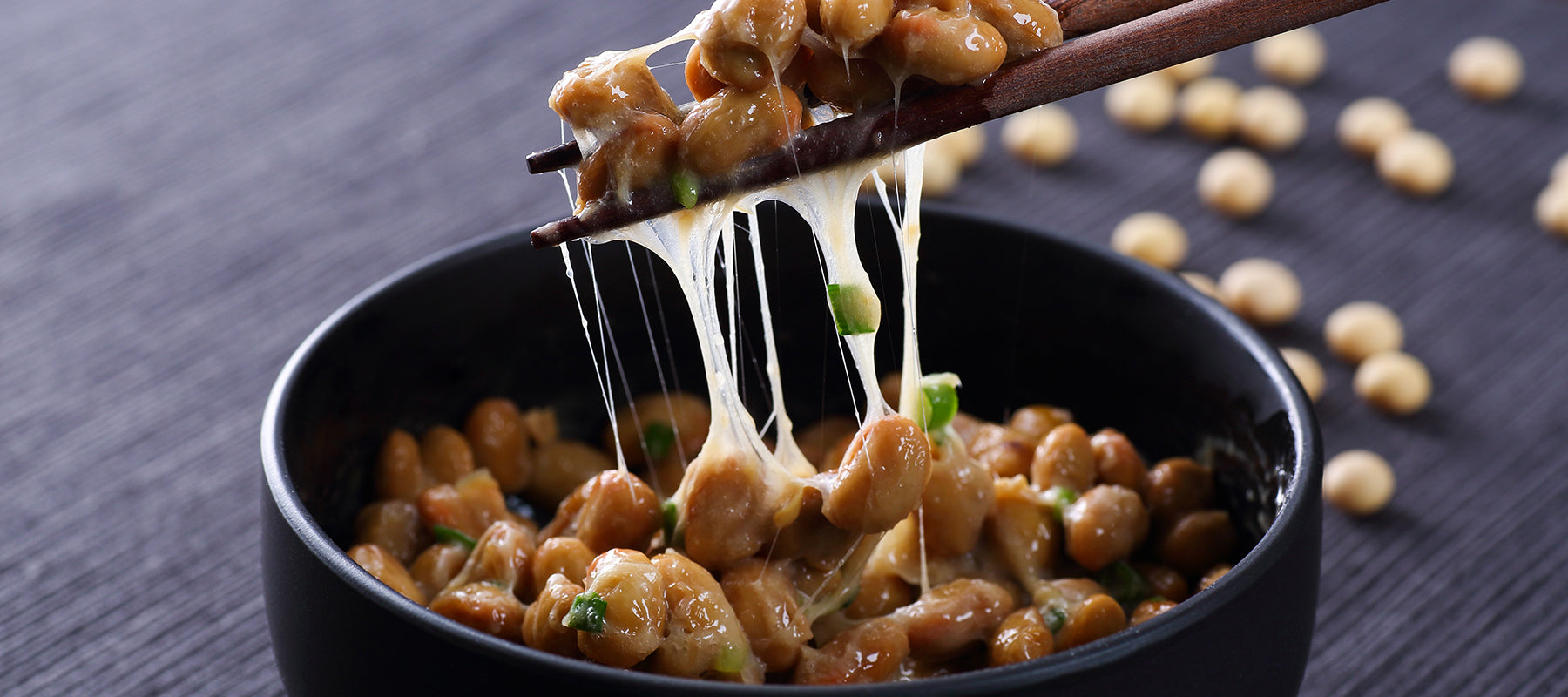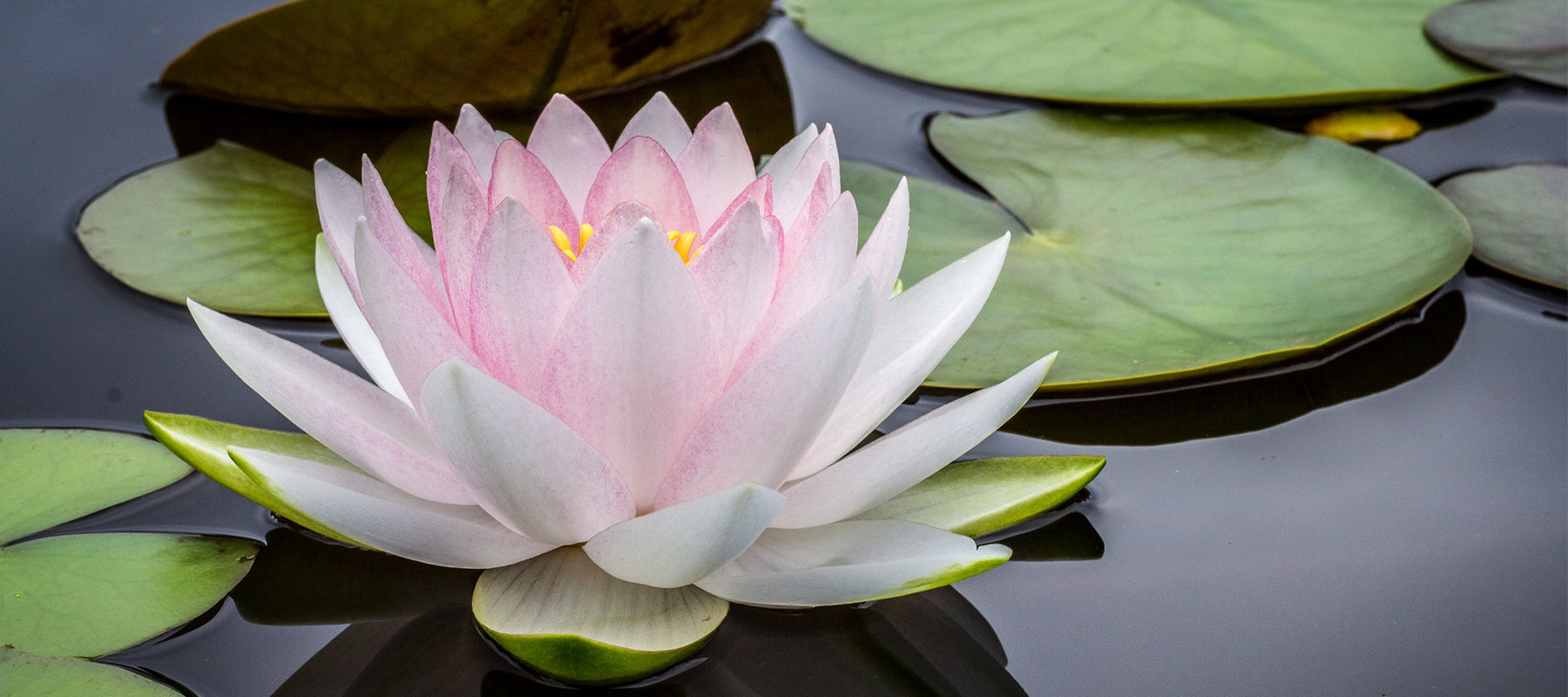Ikigai: A priceless Japanese anti-aging secret
For our regular readers, it will come as no surprise that the team at Oxford Healthspan are deeply invested in understanding and sharing Japanese anti-aging secrets.
In the past, we’ve written extensively about the Japanese anti-aging diet composed of many natural, consumable Japanese foods that are backed by modern science.
We’ve even devoted special attention to spermidine – a naturally occurring compound that is present in high levels in a Japanese staple and delicacy, a fermented soybean called natto.
This compound has been shown to be one of the most powerful extenders of life and health, which is why we chose it for our very first longevity supplement – Primeadine.
But a Japanese diet is only the beginning of Japanese anti-aging secrets. If we dig much deeper, we come to realise that Japanese philosophy is also fundamental to their exceptional longevity.
Ikigai & Determining life's worth improves health
Those of us who have read the international bestseller, Ikigai: The Japanese Secret to a Long and Happy Life, will know this all too well.
In addition to eating a healthy diet with high spermidine content, the Japanese have other things in common with centenarians (people who live to at least 100 years old) around the world. Namely, taking moderate exercise, getting enough rest and sleep, and having a tight-knit community and nurturing friendships to experience both joy and contribution.
These practices are the so-called Japanese anti-aging secrets which mean that the number of people over the age of 100 is far higher than the global average.
They are also similar to lifestyles followed by people living in what have become known as 'Blue Zones', small geographic areas with a high density of centenarians. These are located in places like Italy, California, Greece and Japan.
But the Okinawans of Japan hold first place among all Blue Zone communities around the world. What gives them the edge?
It lies in the Japanese word Ikigai (pronounced ee-kee-guy).
The term denotes how worthwhile we determine our lives to be by uncovering and practicing the intersections of what we love to do, what we are good at, what we love to do and what we can be compensated for. In short, our life’s purpose.
Unsurprisingly, then, the Japanese have no concept of retirement like we do in the Western world. It has been hypothesised that this approach to life – in addition to being surrounded by a tight-knight community (called a 'Moai') and eating well and light, as well as taking regular sleep and rest – is what allows the Okinawans to live as long as they do.
Why would we keep living, after all, if we felt like there was nothing to live for anymore?
How To Find Your Ikigai With The Ikigai Diagram

If we look carefully at the Ikigai diagram above, we can see that our life’s purpose – or at least our Ikigai – sits at the intersection of many different factors. It is not simply what one is passionate about, or what one’s profession is, but it is the combination of the following:
- What we love
- What we are good at
- What we can be compensated for
- What the world needs
These four factors then determine how we relate to our purpose:
- Our passion is the intersection of what we love and what we are good at.
- Our profession is the intersection of what we are good at and what we can be paid for.
- Our vocation is the intersection of what we can be paid for and what the world needs.
- Our mission is at the intersection of what the world needs and what we love.
Together, our passion, profession, vocation and mission make up our Ikigai, which means that we have to look at each element in turn before we have found our true life’s purpose. So start by asking yourself what you love, what you are good at, what you can be paid for and what the world needs.





Leave a comment
All comments are moderated before being published.
This site is protected by hCaptcha and the hCaptcha Privacy Policy and Terms of Service apply.